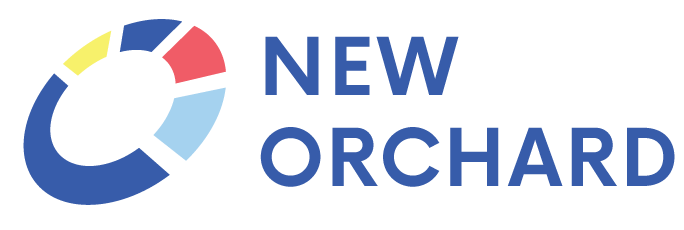That Thing You're Feeling Is Called Strategy Fatigue
STRATEGY FATIGUE, EXPLAINED
We all know the days spent weighing the outcome of two different decisions for hours on end. If it involves staff changes, pivoting within an existing business, or raising your next round of funding, this pro-con list can last much longer than an afternoon. Cornell researchers report that the average adult makes 35,000 decisions within one day - 266.7 on food alone. After a while, the smaller choices like where to go for dinner or which shoe goes with which pant, become overwhelming.
This is called Strategy Fatigue.
WHAT TO LOOK OUT FOR
Overseeing a business comes with a unique level of isolation. In tow, perfectionism, scarcity mentalities, and scope-creep come as side-effects of any leader wading through the decisions required of such a position.
The amount of nuance and circumstantial factors can lead to fear-based decision making or worse, inaction.
Comparison paired with ambiguity will only extend the time it takes to make a decision.
WHY STRATEGY FATIGUE MATTERS TO BUSINESS
The entire concept of strategy fatigue is that over time, we become less and less able to weigh the immediate options in front of us.
This matters to businesses because it costs us in time, our most valuable resource. Not to mention, it can breed real elements of insecurity not only for the person directly affected, but teams are left in the balance and trust from the top down is sacrificed.
It’s telling that when we hear, “35,000 decisions are made in a day,” we instinctively think, “That sounds about right.” Not to forget, we are constantly reminded how some of the world’s most efficient minds eat the same meals each day or choose a uniform with the goal of removing one more decision from being made.
The presence of strategy fatigue explains the spike in thought leadership geared towards decision making and innovative solutions to aid leaders in shaking the temptation of maintaining the status quo to get by.
HOW DO WE FIX IT
Identify It - The New York Times ran a piece during the pandemic about the concept of “languishing” and how by naming it, we gain power back over that exhausted, but stir-crazy feeling. The same idea can be enacted here.
Avoid Information Overload - Prioritize intel that is specific to your business, team style, and industry. Comparison paired with ambiguity of your own organization’s current state will drive anyone crazy and only extend the time until a decision is made.
Don’t Isolate - By bringing in trusted mentors and relationships, you get an added lens you don’t currently have. Not only is the reminder that you aren’t alone in making such high-level decisions a healthy one, but there’s a good chance they can help identify areas where you can benefit from further clarity and free you up to go do so.

